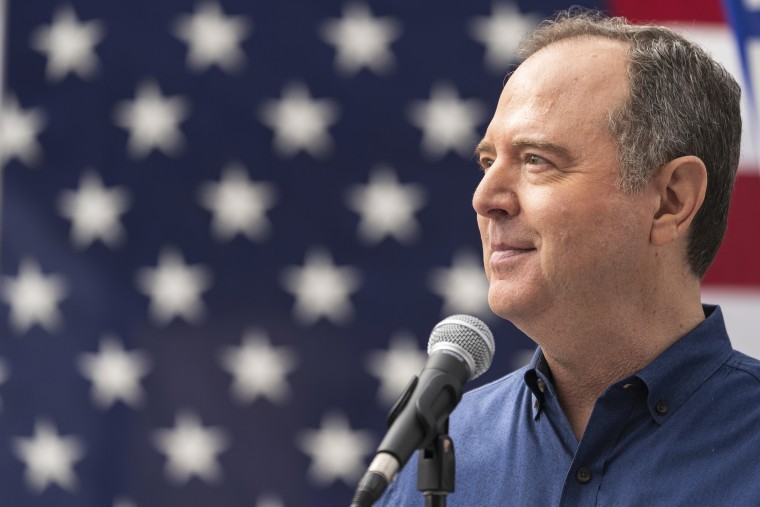The California Senate race is shaping up to be an expensive contest, with two top candidates announcing multi-million dollar fundraising hauls in the first quarter.
Democratic Rep. Adam Schiff announced Thursday that his campaign raised $6.5 million in the first three months of the year. His announcement came a few days after Democratic Rep. Katie Porter announced raising $4.5 million over the same period.
Neither campaign said how much money they spent in the first fundraising period, nor how much money their campaigns had left in the bank. Those figures will become clear when campaigns file their fundraising reports with the Federal Election Commission on April 15.
Schiff and Porter entered the race as prolific fundraisers. Schiff has used his national profile as a top investigator of former President Donald Trump to grow his fundraising list, and his campaign started the year with $20.9 million on hand.
Porter has built a national following as a progressive known for sharp hearing questions using her signature white board. Her Senate campaign has not yet filed fundraising paperwork, but Porter's House campaign had $7.4 million in its account as of Dec. 31, which could be transferred to her Senate campaign.
Democratic Rep. Barbara Lee is also in the race, and she announced that her campaign raised more than $1.4 million in the first quarter. Her Senate campaign has also not yet filed fundraising paperwork covering the first quarter of 2023, but her House campaign closed 2022 with just $52,000 on hand.
The Senate race is expected to be very expensive, in part because California is home to very expensive media markets.
In California, candidates from all parties compete on the same primary ballot. The top two vote-getters, regardless of party affiliation, advance to the November election.

